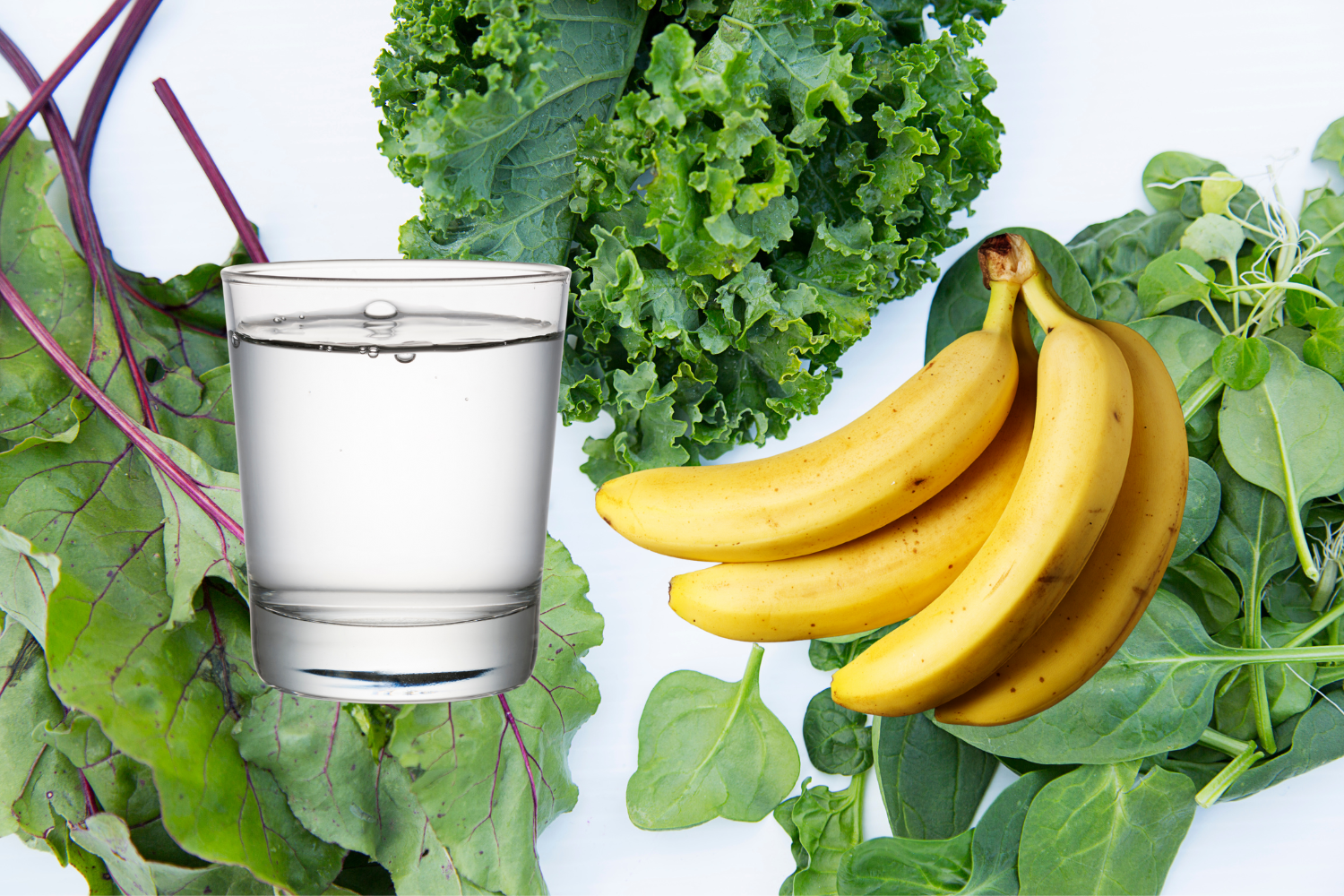Muscle cramps are a common problem, especially during intense exercise, extended periods of physical activity, or in hot conditions where excessive sweating leads to fluid loss. These sudden spasms often link back to local muscle fatigue, electrolyte imbalance, or dehydration, which makes muscles tighten without warning.
Since electrolytes such as sodium, potassium, magnesium, and calcium are essential for proper muscle function and nervous system signaling, many athletes and everyday exercisers ask the same question: Can hydration and electrolyte supplementation help support healthy muscle function during exercise?
What Are Muscle Cramps?
Muscle cramps are sudden, painful contractions that typically affect large muscle groups, such as the calves, legs, or feet; however, smaller areas, including the hands, can also spasm. These cramps tend to happen when muscles become overworked, fatigued, or stressed during intense exercise.
Some studies suggest that dehydration or electrolyte imbalance may affect how muscles contract, potentially increasing the likelihood of cramping during physical activity.
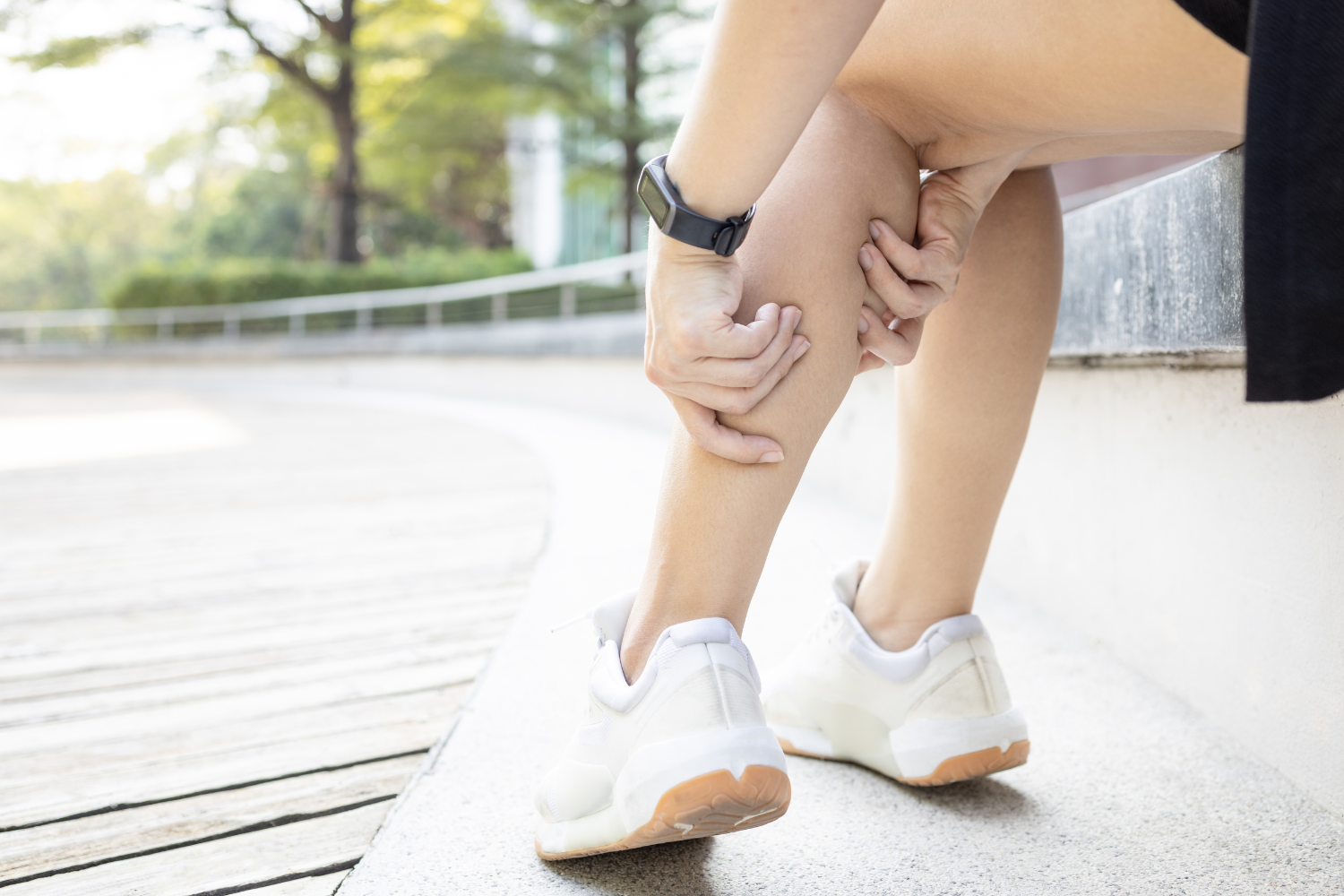
What Do Electrolytes Do for Muscles?
Electrolytes such as sodium, potassium, magnesium, and calcium carry electrical charges that help send nerve signals and control muscle contractions. They keep fluid balance steady, support the nervous system, and give muscles the right environment to contract and relax. When electrolyte balance is maintained, muscles function smoothly, supporting normal muscle contraction and relaxation, particularly during physical activity.
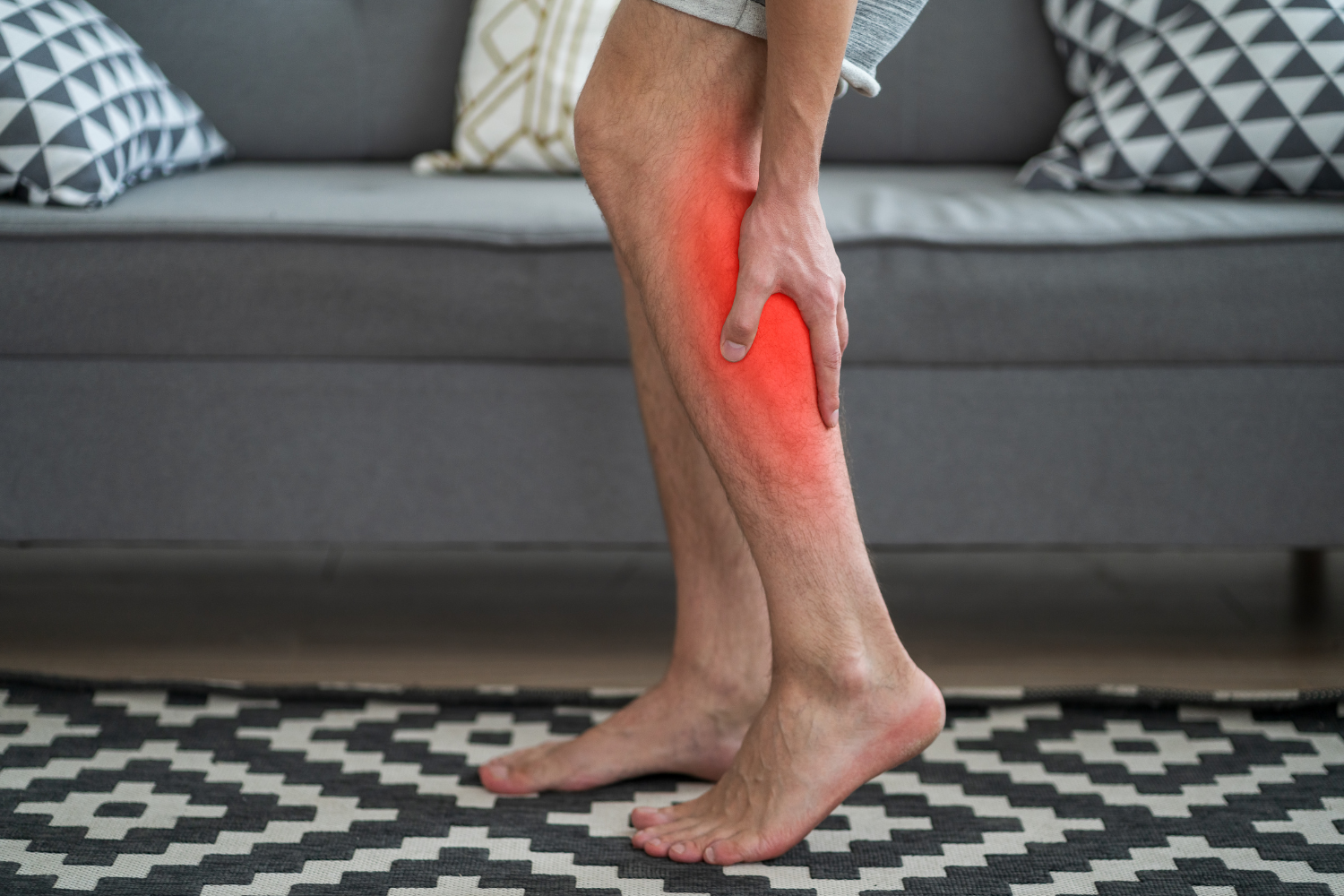
Which Electrolytes Are Linked to Muscle Cramps?
Several electrolytes are directly connected to muscle cramps because they influence how muscles contract, relax, and respond to signals from the nervous system. Some research suggests electrolyte imbalances may influence muscle contraction and could be associated with a higher likelihood of cramping during exercise. Each mineral plays a different role in supporting muscle health and overall electrolyte balance.
-
Sodium: Helps maintain hydration balance and replace losses from excessive sweating.
-
Potassium: Supports healthy muscle contractions and helps maintain normal muscle function.
-
Magnesium: Supports muscle relaxation and normal neuromuscular function.
-
Calcium: Plays a role in nerve signaling involved in muscle contractions.
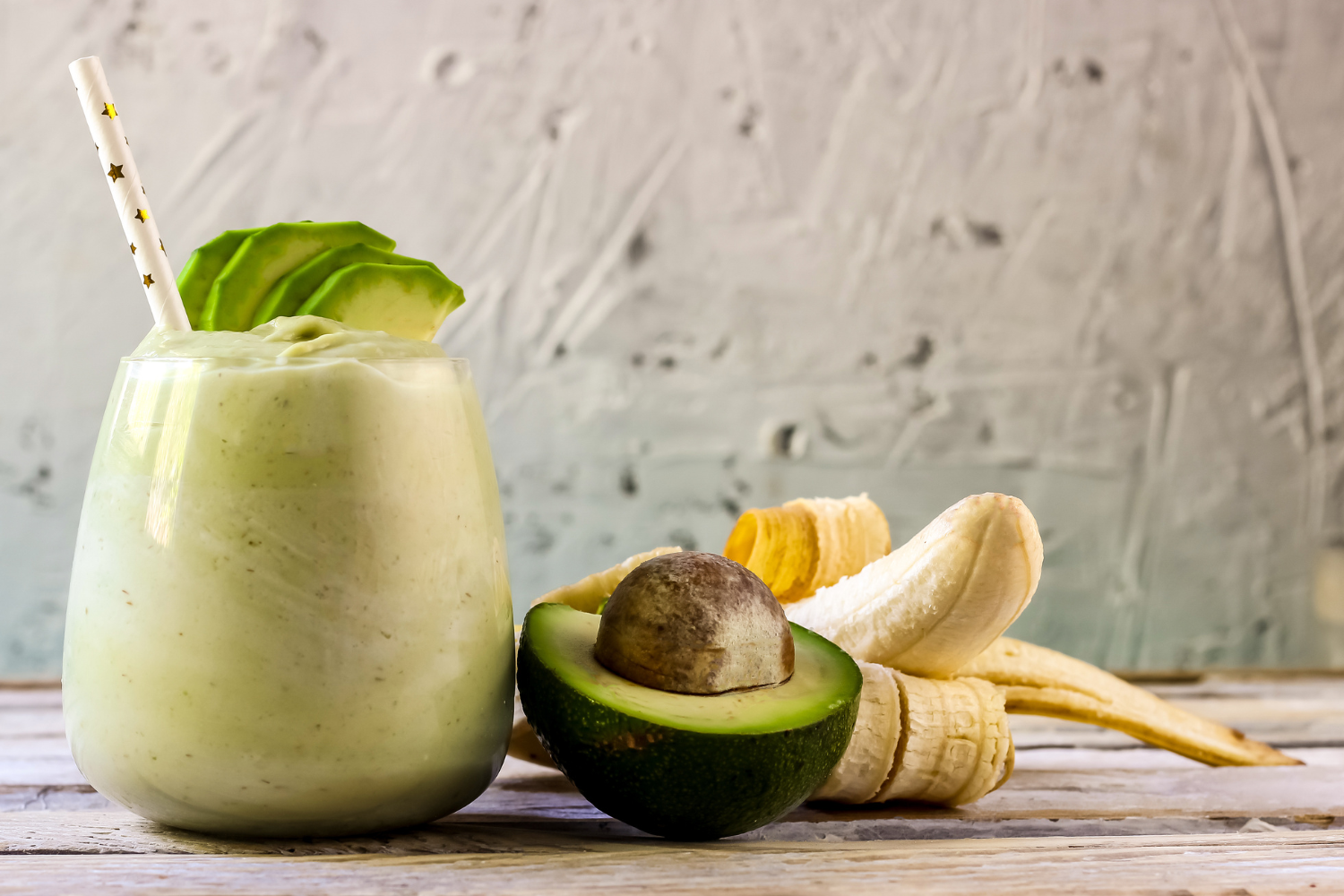
Why Do Muscle Cramps Happen?
Muscle cramps develop for several reasons, often tied to hydration and electrolyte supplementation needs, physical strain, or lifestyle factors. Exercise-induced muscle cramps are common during long workouts, while other cramps tend to occur in daily routines when the body doesn’t get enough fluids or key minerals.
-
Dehydration and fluid loss: Significant and serious dehydration disrupts muscle function.
-
Muscle fatigue or overuse: local muscle fatigue after extended periods of activity can induce muscle cramp.
-
Sitting or standing for long periods: Limits blood flow and makes muscles more likely to tighten.
-
Low intake of electrolyte-rich foods: A diet lacking in sources like sweet potatoes, leafy greens, or dairy can lead to electrolyte depletion.
How Can You Support Muscle Health With Electrolytes?
Supporting muscle health starts with keeping electrolyte levels steady, especially during intense exercise or long periods of physical activity. Proper hydration and nutrition help maintain electrolyte balance and support muscle health during physical activity.
Drinking Electrolyte Beverages for Hydration
Electrolyte supplementation through drinks can make a difference for those who experience cramps during workouts. Products like LyteShow or LytePow provide sodium chloride, potassium, and magnesium to help support hydration and replenish minerals lost through sweat during physical activity.
Eating Foods Rich in Potassium, Magnesium, and Calcium
A balanced diet with potassium, magnesium, and calcium gives muscles the minerals they need for smooth contractions and relaxation. Foods like bananas, dark leafy greens, nuts, and dairy provide these nutrients, helping reduce muscle fatigue and supporting good health.
Balancing Water Intake With Electrolytes
Water intake alone may not fully replace electrolytes lost during intense physical activity or sweating. Pairing fluids with electrolytes helps maintain muscle function, prevents significant and serious dehydration, and supports long-term sports nutrition goals.
Stretching and Rest as Part of Muscle Care
Stretching after workouts and allowing time for rest lowers the strain on overused muscles. Addressing local muscle fatigue through recovery routines gives muscle groups a chance to repair, reducing the likelihood of exercise-induced muscle cramps.
Best Foods and Drinks That Support Muscle Function
Nutrient-dense foods and fluids help maintain electrolyte balance and support healthy contractions. These choices provide natural sources of sodium, potassium, magnesium, and calcium, all key to muscle function and sports nutrition.
-
Bananas, avocados, and melons: Supply potassium for hydration and nerve signaling.
-
Dark leafy greens and nuts: Provide magnesium and calcium for proper contraction and relaxation.
-
Coconut water and milk: Natural options for replenishing fluids and electrolytes.
-
Pickle juice and orange juice: Anecdotally reported and studied for their possible effects on muscle cramps, though research is ongoing.
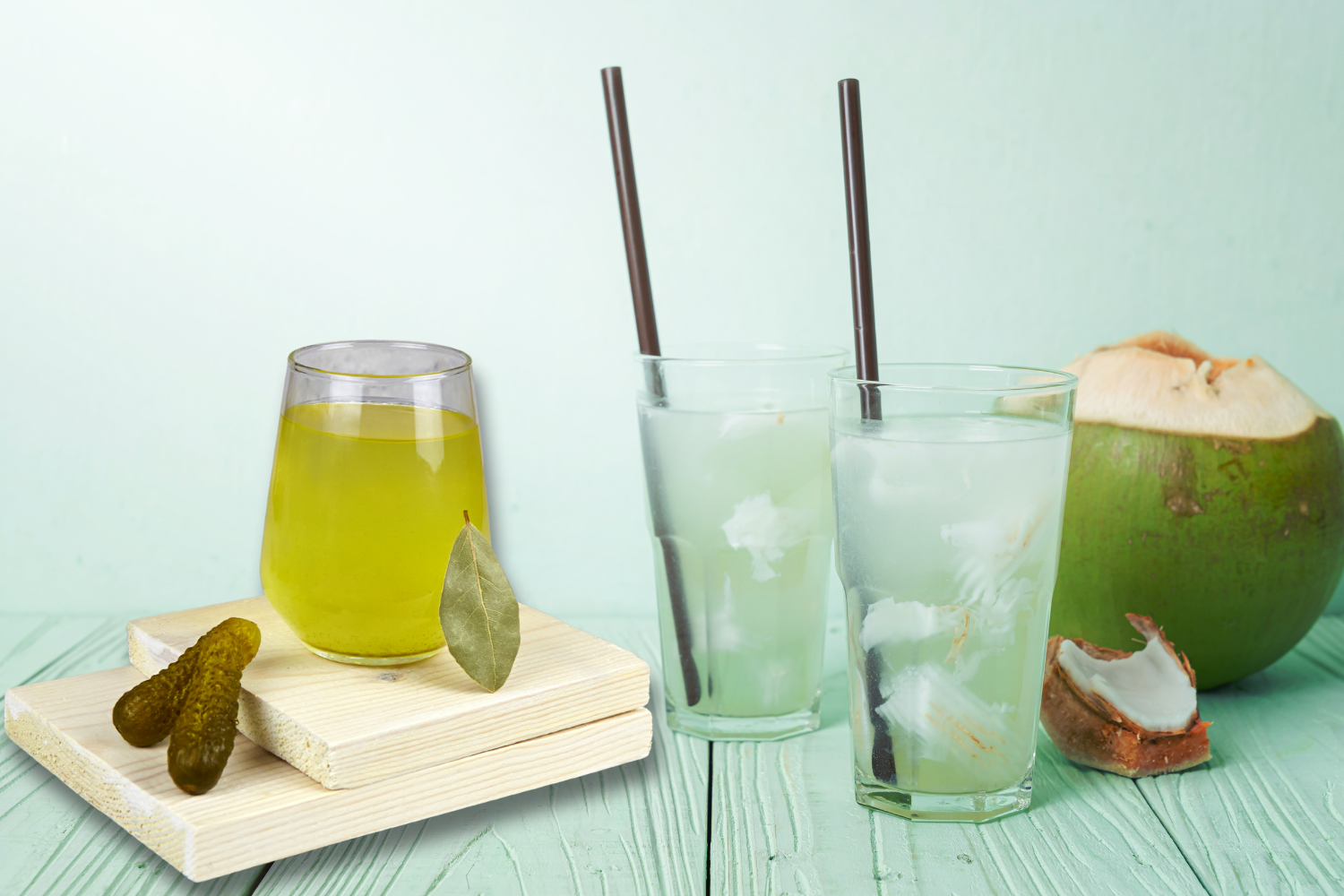
When Should You See a Doctor About Muscle Cramps?
Many people find that staying hydrated, stretching, and maintaining electrolyte balance support overall muscle comfort during physical activity, but some situations call for medical guidance. Severe or frequent cramps that disrupt daily life may point to more than simple electrolyte depletion, and cramps that come with weakness or numbness could signal nerve involvement or other conditions. Talking with a healthcare provider helps rule out underlying issues and ensures proper care for muscle health.
Questions You May Want to Ask Your Doctor
-
What risk factors make me more likely to experience cramps?
-
Is an oral rehydration solution recommended for my situation?
-
Should I see a sports medicine specialist for further evaluation?
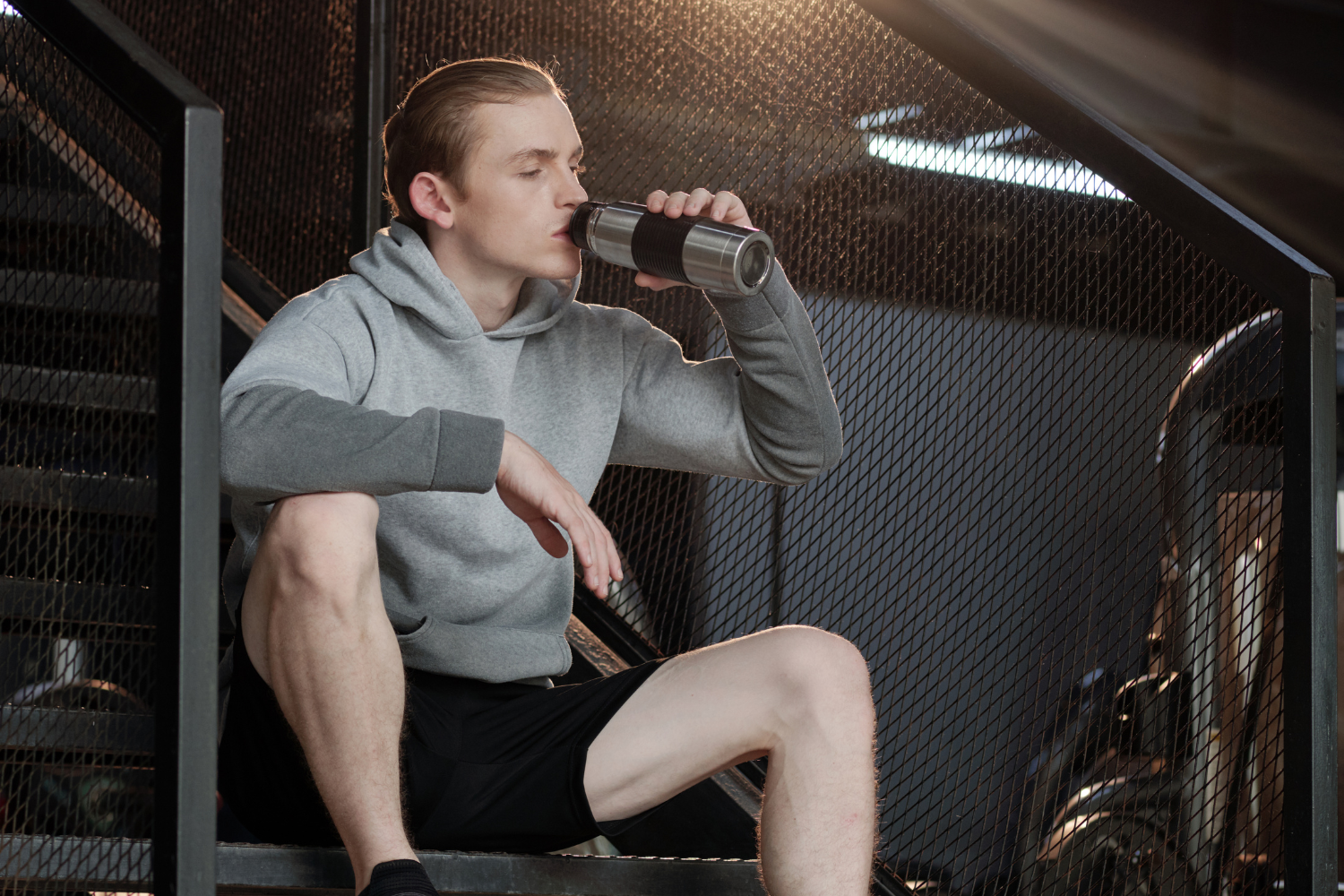
Final Take on Electrolytes and Muscle Cramps
Electrolytes play a key role in muscle function by supporting hydration, nerve signaling, and balance within the body. To support healthy muscle function, it helps to combine water intake with electrolyte-rich foods, recovery habits, and smart supplementation.
For those who exercise often, LyteLine products like LyteShow or LytePow can be practical options to support hydration and electrolyte balance during high-intensity exercise or extended periods of physical activity.
Frequently Asked Questions
Do electrolytes actually help with muscle cramps?
Yes, electrolytes support nerve and muscle function, which plays a role in maintaining normal muscle contractions.
Which electrolyte is most important for stopping cramps?
Sodium and potassium support hydration and normal muscle function during exercise.
Can drinking too many electrolytes cause cramps?
Yes, excessive intake can upset electrolyte balance and induce muscle cramps instead of preventing them.
What foods have the most electrolytes for muscle health?
Bananas, sweet potatoes, leafy greens, nuts, and coconut water are rich sources.
Should runners or athletes take electrolytes every day?
Athletes involved in intense exercise may choose to use electrolyte supplements to support hydration and performance.
References
-
Fitts R. H. (2008). The cross-bridge cycle and skeletal muscle fatigue. Journal of applied physiology (Bethesda, Md. : 1985), 104(2), 551–558. https://doi.org/10.1152/japplphysiol.01200.2007
-
Kenefick R. W. (2018). Drinking Strategies: Planned Drinking Versus Drinking to Thirst. Sports medicine (Auckland, N.Z.), 48(Suppl 1), 31–37. https://doi.org/10.1007/s40279-017-0844-6
-
Maughan, R. J., & Shirreffs, S. M. (2019). Muscle Cramping During Exercise: Causes, Solutions, and Questions Remaining. Sports medicine (Auckland, N.Z.), 49(Suppl 2), 115–124. https://doi.org/10.1007/s40279-019-01162-1
-
Miller, K. C., Mack, G. W., Knight, K. L., Hopkins, J. T., Draper, D. O., Fields, P. J., & Hunter, I. (2010). Reflex inhibition of electrically induced muscle cramps in hypohydrated humans. Medicine and science in sports and exercise, 42(5), 953–961. https://doi.org/10.1249/MSS.0b013e3181c0647e
-
Minetto, M. A., Holobar, A., Botter, A., & Farina, D. (2013). Origin and development of muscle cramps. Exercise and sport sciences reviews, 41(1), 3–10. https://doi.org/10.1097/JES.0b013e3182724817
-
Schwellnus M. P. (2009). Cause of exercise associated muscle cramps (EAMC)--altered neuromuscular control, dehydration or electrolyte depletion?. British journal of sports medicine, 43(6), 401–408. https://doi.org/10.1136/bjsm.2008.050401

